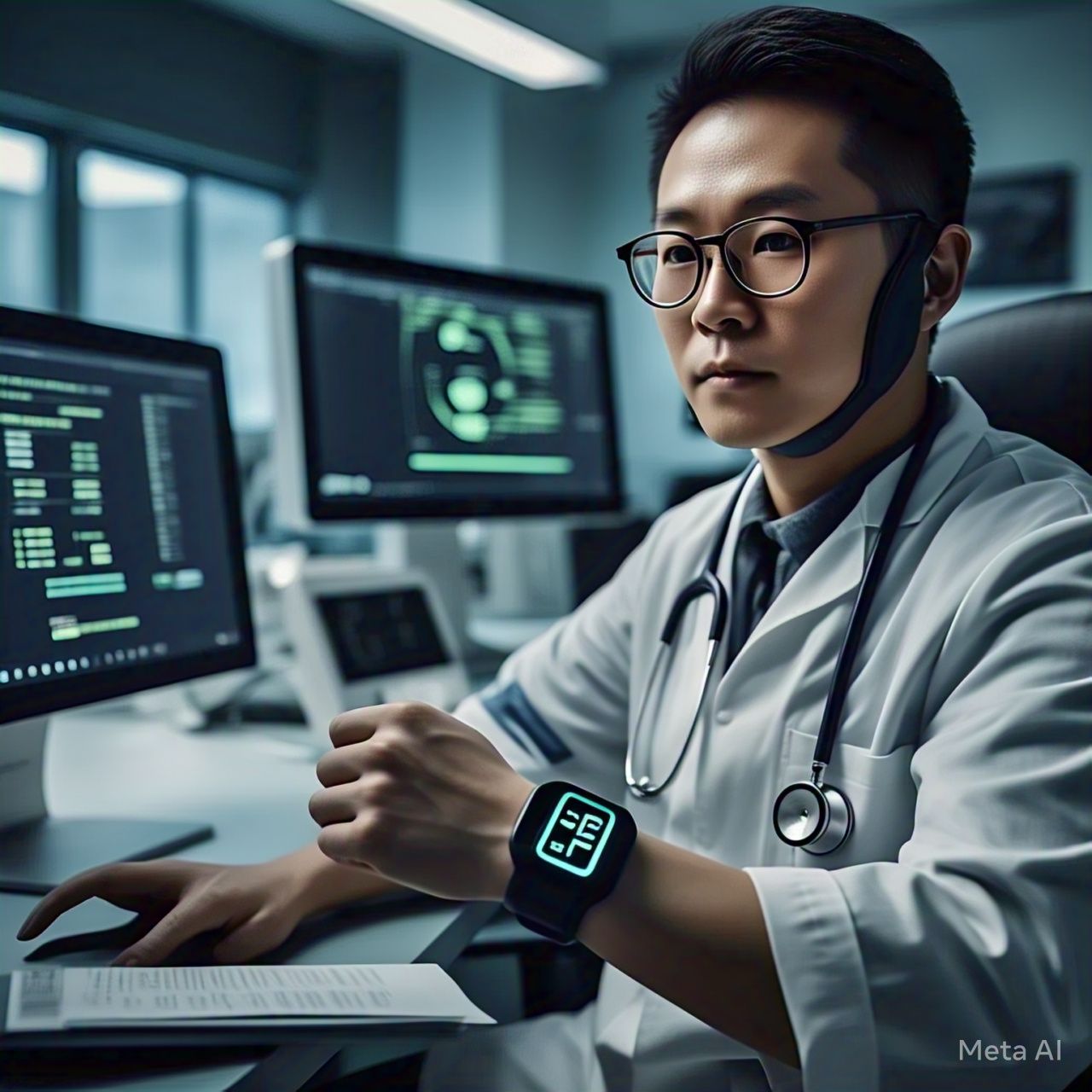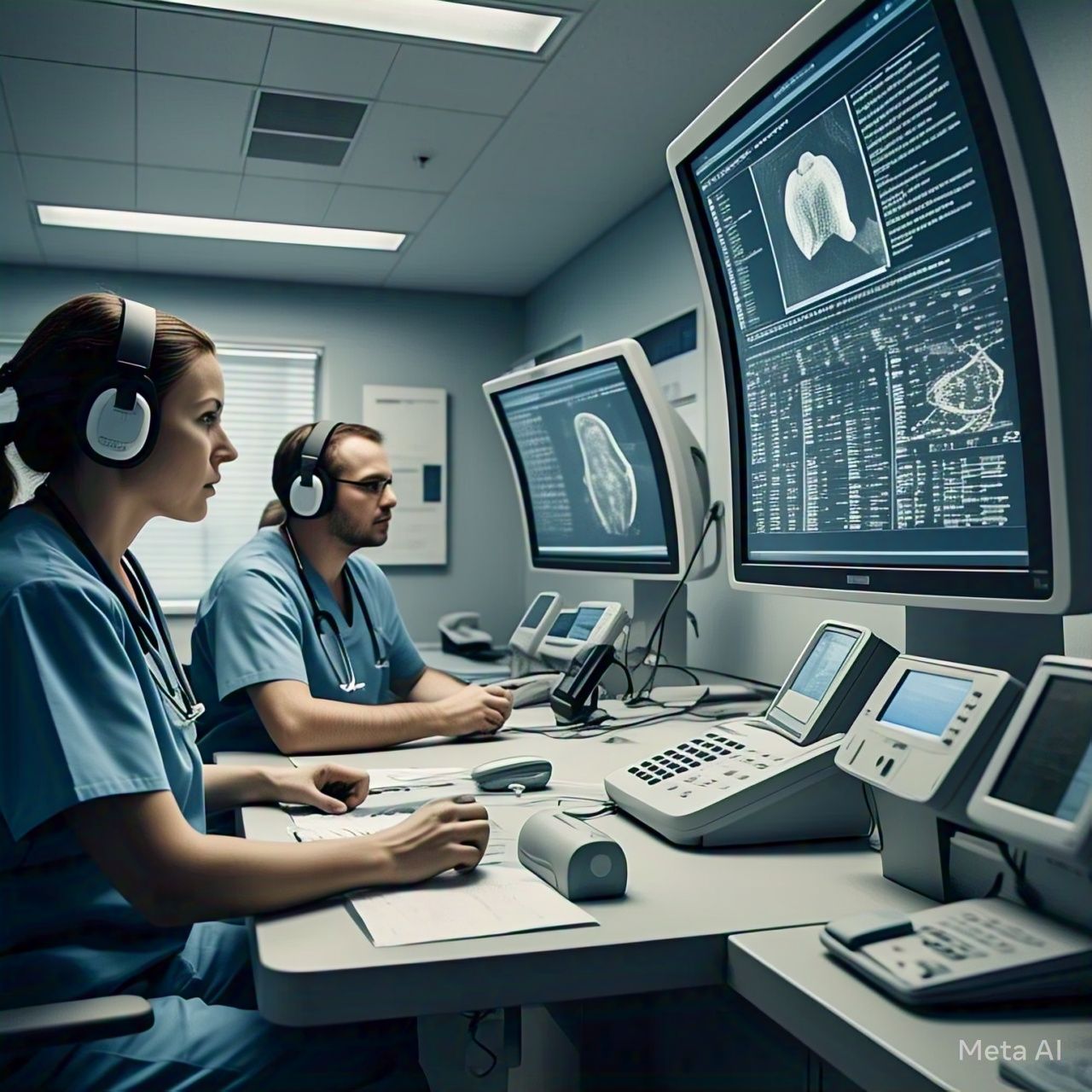Introduction
Artificial Intelligence (AI) and wearable health technology are revolutionizing healthcare by enabling real-time monitoring of vital signs, activity levels, and overall well-being. From smartwatches to advanced biosensors, AI-powered wearables provide continuous health tracking, early disease detection, and personalized insights. This fusion of AI and wearable tech is empowering individuals to take charge of their health while assisting healthcare professionals in delivering proactive and data-driven care.
The Role of AI in Wearable Health Tech
AI enhances wearable health devices by analyzing vast amounts of real-time data, detecting anomalies, and predicting potential health risks. These smart systems use machine learning algorithms to recognize patterns and provide personalized recommendations based on user behavior and physiological metrics.
1. Continuous Health Monitoring
AI-integrated wearables track key health metrics such as heart rate, blood pressure, oxygen levels, sleep patterns, and physical activity. Devices like Apple Watch, Fitbit, and Garmin analyze real-time data to help users optimize their fitness and overall well-being.
2. Early Disease Detection and Prevention
By continuously analyzing biometric data, AI-powered wearables can detect irregularities that may indicate underlying health conditions such as heart disease, diabetes, or sleep disorders. These early warnings enable timely medical interventions and preventive care.
3. Personalized Health Insights and Coaching
AI-driven wearable devices provide personalized health recommendations based on user data. They analyze daily habits, suggest improvements, and offer tailored fitness and wellness programs to help individuals maintain optimal health.
4. Remote Patient Monitoring for Chronic Conditions
Wearable health tech plays a crucial role in managing chronic diseases by allowing doctors to monitor patients remotely. AI-powered devices collect real-time patient data, alerting healthcare providers if abnormalities are detected, ensuring timely medical assistance.
Benefits of AI-Powered Wearable Health Tech
- Real-Time Health Tracking: Continuous monitoring helps users stay informed about their health.
- Early Disease Detection: AI identifies health risks before they become severe.
- Improved Fitness and Wellness: Personalized coaching enhances fitness and well-being.
- Remote Healthcare Access: Wearables enable virtual healthcare, reducing hospital visits.
- Empowered Patients: Users gain greater control over their health and lifestyle choices.
Challenges and Ethical Considerations
Despite its advantages, AI in wearable health tech faces challenges such as data privacy concerns, device accuracy, and regulatory compliance. Ensuring secure data encryption, transparent AI algorithms, and ethical use of health data is essential for user trust and safety.
The Future of AI in Wearable Health Tech
The future of AI-driven wearable health technology is promising, with advancements in smart biosensors, AI-powered diagnostics, and predictive health analytics. As wearables become more sophisticated, they will continue to bridge the gap between personal wellness and medical care, transforming the way we monitor and manage health in real time.
Conclusion
AI and wearable health tech are reshaping healthcare by providing real-time monitoring, early disease detection, and personalized health insights. As technology continues to evolve, AI-powered wearables will play an increasingly vital role in preventive care, chronic disease management, and overall well-being. By integrating AI with wearable devices, the future of healthcare is becoming smarter, more efficient, and patient-centered.




